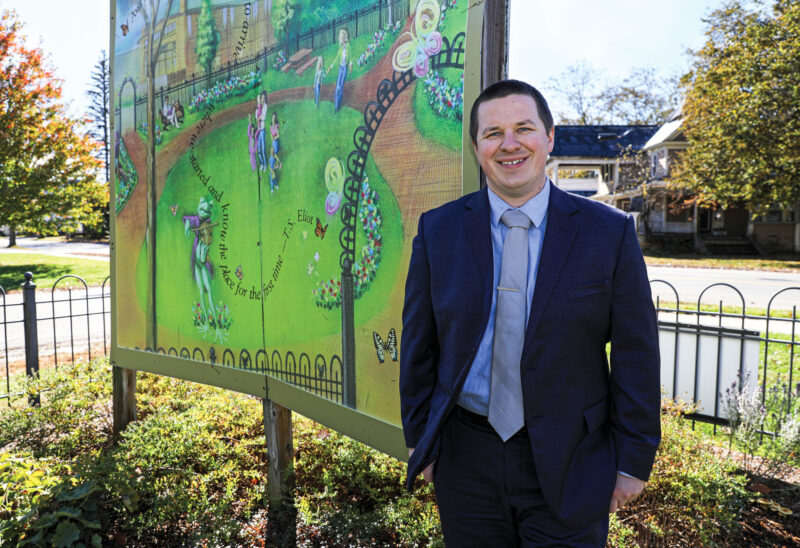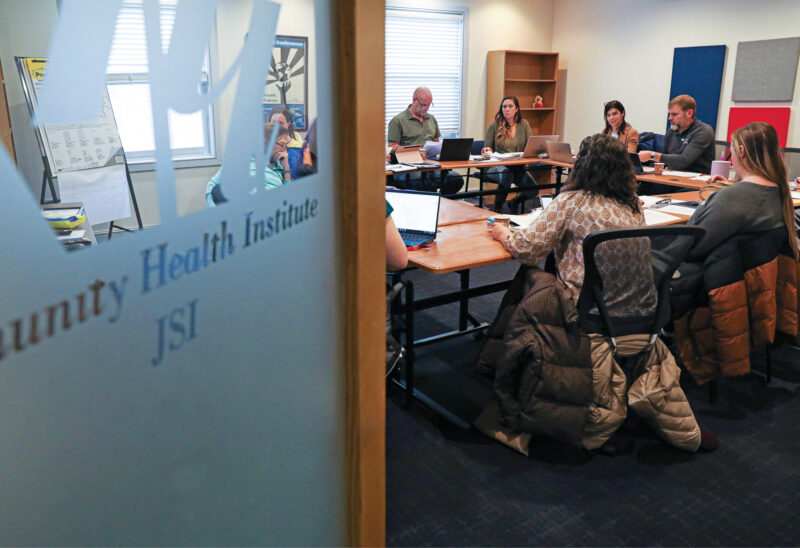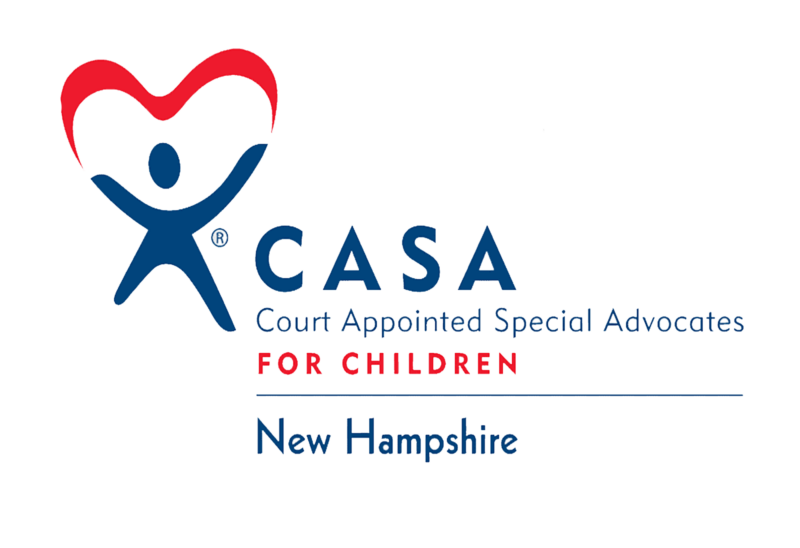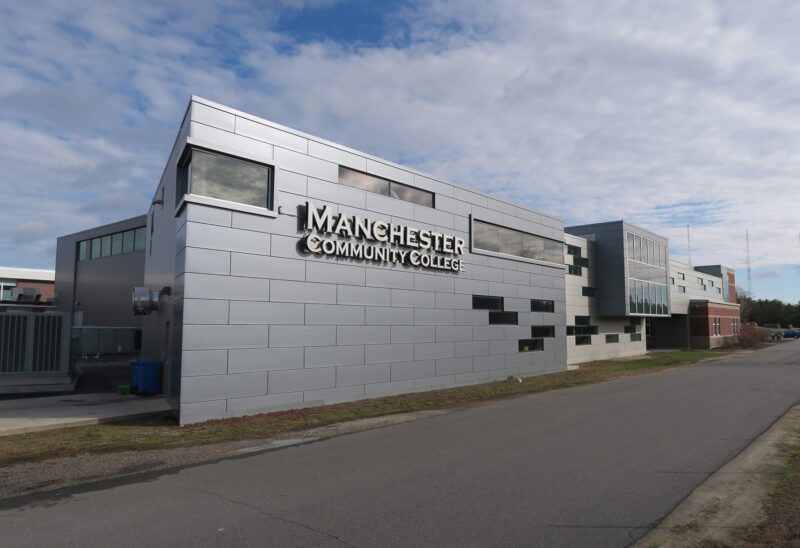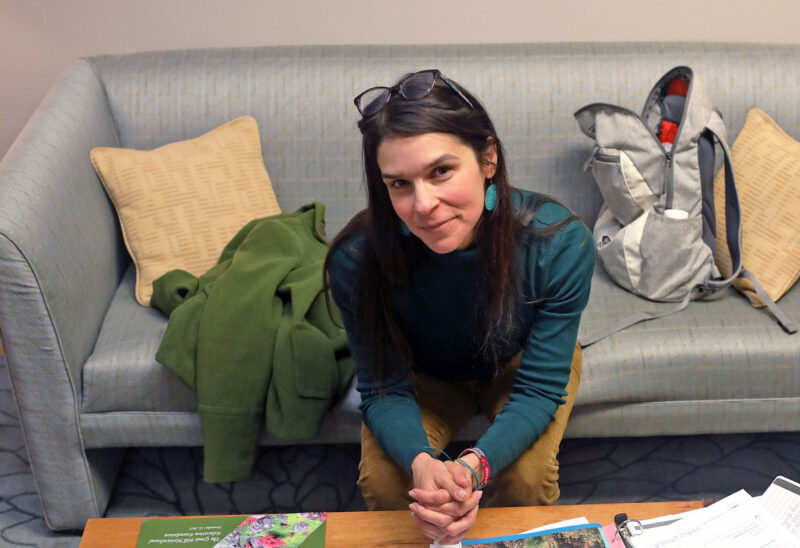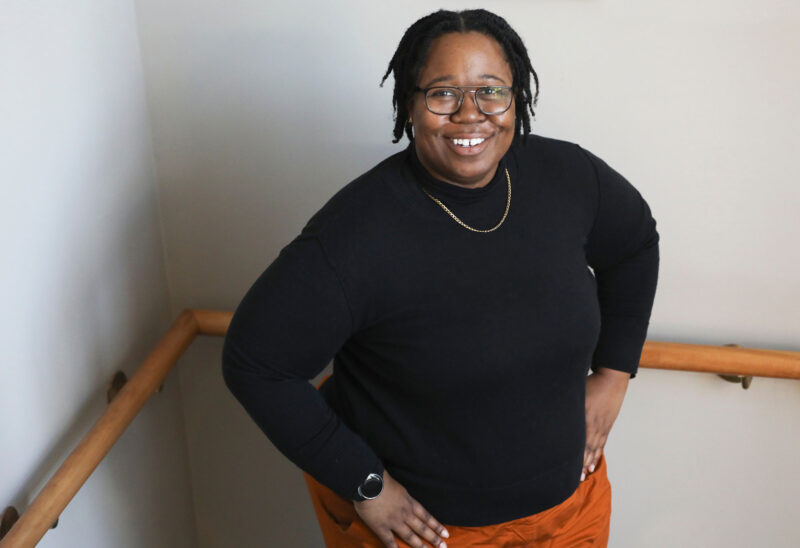A harsh light is cast these days on what divides us.
But Americans fundamentally agree on many things. Perhaps first and foremost: that all of our kids deserve a shot at achieving the American Dream.
Two organizations not known for shared ideology — the conservative American Enterprise Institute and the progressive Brookings Institution — recently laid out a blueprint for action to make sure that the opportunity to succeed is not just a dream for some but a reality for all.
It’s called “Opportunity, Responsibility and Security: A Consensus Plan for Reducing Poverty and Restoring the American Dream.”
One of the most crucial words in that title might also be the easiest to overlook: Consensus.
“We don’t accept the defeatist conclusion that polarization must preclude cooperation between conservatives and progressives,” the authors wrote.
Those words are like a cool drink of water.
“We discovered that the key to our cooperation,” the AEI/Brookings authors wrote, “was to recognize that policy is often infused with moral values, and we identified three that we believe all Americans share: opportunity, responsibility and security.”
Opportunity — and equal access to it — are the foundation of the American Dream. Responsibility is central to the workings of a free society and a democracy: Implicit in the bargain is that we each have to “work hard and play by the rules.” And we all have a right to basic economic security.
Once you arrive at that kind of agreement about values, it gets easier to take the long view on solving problems.
A similarly diverse group in New Hampshire is backing a comprehensive plan of action based on the same principles, a plan which we believe is critically important for New Hampshire’s kids, families and communities. And we, too, have found common ground rooted in shared values.
The New Hampshire Charitable Foundation is working with scores of donors, nonprofit partners, businesses and state leaders on “New Hampshire Tomorrow,” an initiative to increase youth opportunity. Our goal is for all kids to have the chance to thrive, and to become the adults who will sustain our communities and economy in the future.
Not all of our kids have that chance. In this very wealthy state, 46,700 kids are eligible for free and reduced-price lunch (income under $45,510 for a family of four). That’s 28 percent — way too many. The vast majority of poor kids stay poor because they do not have the same opportunities that lead to success as their peers from more financially secure families. Poor kids have less access to quality preschool, to mentoring, to AP courses in high school, to extra-curricular activities that connect them with community and teach them life skills. By third grade, many have already fallen behind — and many stay there. Poor kids are more likely to have multiple “adverse childhood experiences” — like abuse, neglect or a parent’s incarceration — which puts them at greater risk for developing chronic health issues like heart disease or drug and alcohol addiction. And they are less likely to go to college and less likely to thrive as adults in the workforce and as parents.
New Hampshire can, and must, do better by our kids.
With our aging workforce and stagnant in-migration, this is not just a moral imperative — it is also an economic one.
“New Hampshire Tomorrow” focuses on proven solutions to increase opportunity: early childhood education, family and youth supports, preventing and treating alcohol and drug abuse, and creating affordable pathways from education to careers.
Over the next 10 years, the Foundation will invest $100 million in grants and scholarships, build and support coalitions and advance sensible public policies. To guide the work, we’ve convened a 27-member, bipartisan leadership council representing business, education, nonprofits, government and the faith community.
As with the AEI/Brookings authors, members of our leadership council do not always agree on all issues, or solutions. But we are united in the belief that the gap in opportunity is harming our kids, our economy and our communities. And that we can, and should, do something about it.
New Hampshire, very happily, is much less politically polarized than other parts of the country, and we have a tradition of working together across the aisle to achieve common goals. As New Hampshire Tomorrow Leadership Council member and Republican National Committee official Steve Duprey has said, New Hampshire “is small enough that I think we can tackle and solve any problem in this state the old-fashioned way: you sit down and you talk it out and you find common ground on solutions.”
Philanthropy and the nonprofit sector have a role in that. Families and individuals have a fundamental role, of course. And the public sector has a critical role.
Some policies being considered in Concord demonstrate that common ground, and have the potential to make things better for our kids. We agree with Governor Sununu that full-day kindergarten is essential, and we are encouraged by bipartisan support for making high-quality childcare and early learning more accessible to low-income working families. Increased funding to the state’s Alcohol Fund, which comes from profits on liquor sales, will help in the battle against the state’s opioid epidemic. Continuing the New Hampshire Health Protection Program — a model of bipartisan innovation and compromise — will save money and lives. Investments in job training, community colleges and the university system will help students get the education they need to get good paying jobs — and help build the workforce of tomorrow. Policies that make New Hampshire’s workplace more family-friendly will help New Hampshire families, and will help our businesses compete.
When it comes to our kids, when it comes to these basic values of opportunity, responsibility and security, most Americans really can agree.
That dims the glare on what divides us, and illuminates what unites us.








